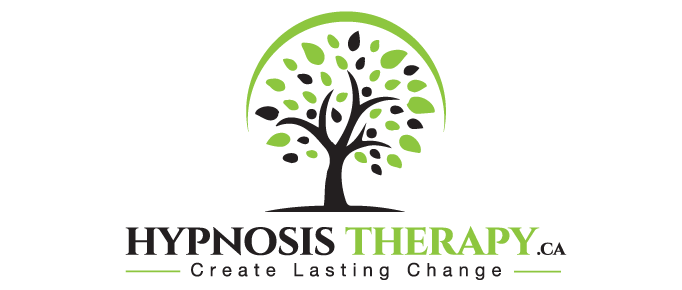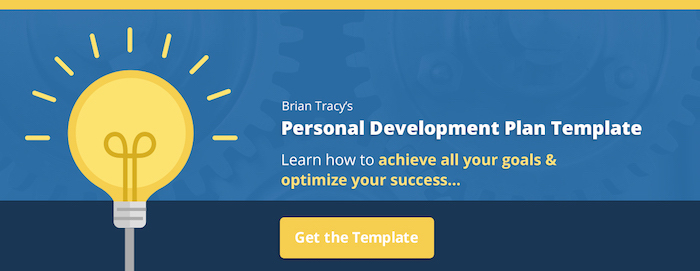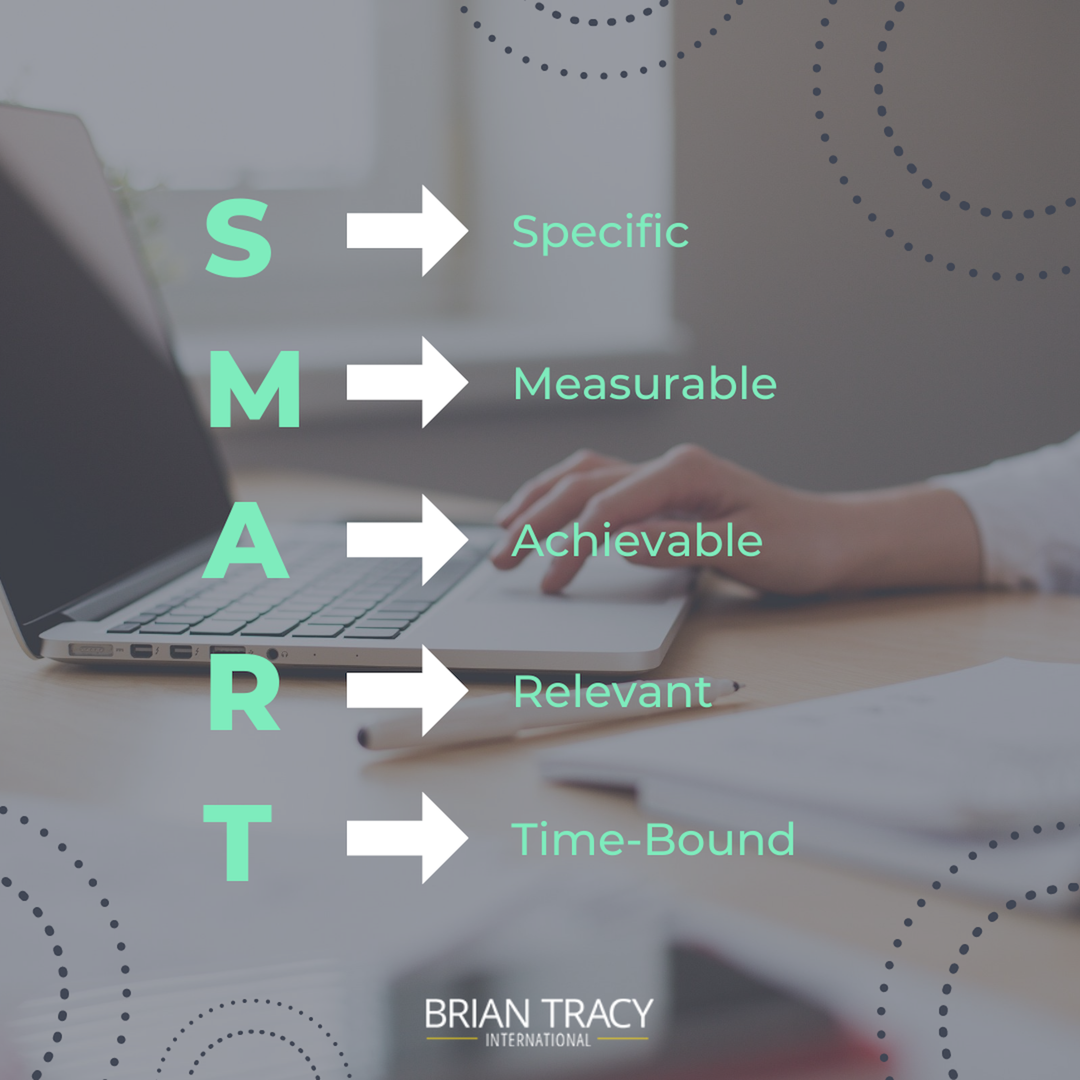Self-trust. Self-confidence. These are the types of buzzwords that we constantly hear being thrown around in today’s society. But what do they really mean? How can we learn to trust ourselves? And why is this so important?
Today I’m going to help you take a deep dive into all things trust and confidence. We’ll talk about what these terms mean and how they can benefit your life.
Then, I’m sharing a list of strategies you can put into action to get past your fear, mistakes, past trauma, or negative baggage to feel confident as you step onto the path forward.
If you have a hard time trusting yourself, this is the blog post for you.
Why Are Self-Trust and Self-Confidence Important?
Before we dive into some strategies to help, let’s take a step back and define self-trust and self-confidence. We need to understand why they’re so important and how they will help us in life.
What is Self-Trust?
If you have strong self-trust, this means you have a good relationship with yourself. You trust yourself and your inner voice. Instead of constantly feeling anxious, you tend to feel calmer and at peace.
People who have good self-trust feel confident in their decisions. Their relationships are healthy, and they tend to have a higher level of emotional intelligence. A good sense of self-trust means that you are healthy in your own skin and you feel comfortable as you move around the world.
You take care of yourself, you know you can get through anything difficult that comes your way, and you aren’t afraid to stay close to your core life values.
What is Self-Confidence?
A feeling of self-confidence means that you feel confident, or positive and assured, of your judgment, abilities, and capacity.
Your attitude about yourself and your own abilities is healthy and strong! You aren’t worried about other people’s opinions because you know who you are and how you’re going to live out your core values.
If you have self-confidence, you know you are valuable and worthy. You know who you are; what’s more, you accept the person you are. You live out your strengths and accept your faults, knowing that you are still complete.
Why Self-Trust and Self-Confidence Are Important
Self-trust and self-confidence have a lot of similarities. But they’re also very different.
Think of it this way: Self-trust is your relationship with yourself, and self-confidence is your attitude about yourself.
Both self-trust and self-confidence will benefit your life in a number of important ways. If you have healthy self-trust and self-confidence, you’ll be more likely to find success in the workplace and in your personal life because:
- You’ll make good decisions.
- You’ll play to your strengths.
- You’ll feel more peace and less anxiety.
- Others will gravitate toward your healthy self-image.
- Your relationships will be healthier and you’ll communicate better.
- You’ll feel ready and excited about new opportunities.
At the end of the day, these are two distinct skills that are both crucial to cultivate.
Reasons You Might Not Trust Yourself
You may feel unsure about how much you trust yourself, or where your confidence level is. Here is a list of some signs that you may not trust yourself or feel confident:
- You always second-guess your decisions.
- You trust others’ opinions more than you trust your own.
- You don’t tell the truth.
- You think everyone else is better than you.
- You break promises to others or to yourself, and you don’t follow through on commitments.
- You constantly seek reassurance from others.
- You go along with what everyone else wants instead of speaking up.
- You focus on your weaknesses and failures instead of your strengths and achievements.
- You feel the need to be in control at all times.
- You minimize your needs.
- Your self-talk (the voice in your mind that tells you what to think about yourself) is negative and cruel.
- You feel anxious and worried and tend to overthink everything.
- You don’t feel that you are valuable or worthy.
The more of these statements you can relate to, the higher chance there is that you don’t trust yourself.
For many people, self-doubt starts in childhood. Even if you had a happy childhood, you may have compared yourself with others or been afraid of failure in sports or school. It’s not uncommon for experiences like these to lead to issues with self-trust and self-confidence later in life.
If you experienced significant trauma at any point in your life and you feel that it is currently affecting your self-esteem, consider speaking with a professional therapist or counselor.
14 Ways to Learn How to Trust Yourself
By this point, you may have realized that you’re having trouble feeling confident or having trust in yourself. That’s okay! We all have those feelings from time to time. And if you’re willing to put in the work to improve yourself, you can learn to trust yourself, gain confidence, and develop self-compassion. Here are 14 actionable tactics you can use.
Don’t Be Afraid of Vulnerability
Practicing vulnerability can help you feel more trust and confidence in yourself. It’s not always comfortable or fun to be vulnerable. When you’re vulnerable, you are open and candid with others (and with yourself) about who you are and what you’re feeling.
Vulnerability might involve difficult emotions and that can feel icky. But to build self-trust, it’s important to be honest and transparent in all areas of life. Practice vocalizing your feelings and needs–this is a great place to start.
Set and Keep Boundaries
Trust yourself more by learning how to set personal boundaries. Think of a boundary as a limit or rule that makes you more comfortable. A boundary could sound like any of the following depending on the context (the workplace, a personal relationship, etc):
- “I can get to this after I finish a more pressing task that needs to take priority.”
- “I am not available on weekends.”
- “This does not align with my life goals, and I’d prefer to not spend time on it.”
However, it’s not enough to simply set boundaries. You also have to keep them.
It’s completely normal to feel insecure or uncomfortable in this situation, and it can take some practice to learn to enforce boundaries. Communicate as clearly as possible and remember that your boundaries are in place to benefit your self-worth and well-being.
Define Your Core Life Values
Define the values that are most important to you in life. Then be ready to live those out.
Your values are the beliefs or opinions that influence how you live your life. For instance, maybe being generous and giving is very important to you, or maybe you really value compassion and kindness.
To determine your core values, think of the people you love and the qualities you admire in them. Write down the qualities you’d like to emulate. It’s also okay to find a list of example values online and pull out the ones that resonate with you most.
Then try to categorize your list of values into groups, finding a central theme. Pick about half a dozen values that you want to base your life on from here on out.
Replace Negative Self-Talk
Many people struggle with negative self-talk. Essentially, this refers to any mean-spirited things you think to or about yourself–such as, “I’m not good at anything,” or, “Everyone is mad at me.” Usually, these thoughts aren’t true at all! But it’s all too easy to get caught in a spiral that affects your mental health.
The solution is to focus on positive self-talk instead. Carefully evaluate all of your thoughts and whether or not they’re true. Then replace them with a kinder, more positive thought. For instance, “I’m not good at anything,” might turn into, “I struggle with completing my goals on time, but I’m getting better at it–and I’m also really good at going above and beyond project completion requirements”
A rule of thumb to follow: If you wouldn’t say it to your best friend, don’t say it to yourself.
Listen to Your Intuition
Think of your intuition as the gut feeling about which decision is best. According to researchers, this happens because our brain analyzes our past experiences, our self, and our environment to quickly make a decision.
Next time you have that gut feeling, trust it! It can feel scary–what if you make the wrong decision? But chances are, your intuition won’t let you down. You can also sharpen your intuition by paying attention to what’s going on around you and learning how to listen to yourself.
Identify and Meet Your Own Needs
Many of us spend our days trying to meet the needs of others. There’s nothing wrong with that. But give yourself permission to meet your own needs, too. You will begin to trust yourself more as you meet your needs more consistently.
We have all kinds of needs–physical, emotional, spiritual, and more. Identify your needs by getting in tune with your body. Start out simple: Do you feel hungry? Hot or cold? Thirsty? Sleepy? If you need to, get a snack or take a nap.
With practice, you’ll also be able to pinpoint different kinds of needs. For instance, maybe you are feeling like you haven’t been accomplishing as much as you’d like and need a win to project you forward.
Redefine Personal Success
Everyone has a different definition of success. If you are trying to reach someone else’s standards of success or society’s standard of success, you will probably fall short because everyone’s journey is different. And “failing” to reach an arbitrary standard could make you lose trust in yourself.
Redefine what success means for you by thinking about what you really want in life. Some people want to make as much money as they can and buy a nice house or a boat. If those are your goals, that’s okay! Those are valid goals.
But personal success could also look like having a family you love. It could look like giving back through charity and volunteering efforts. Or it could look like branching into a new field.
Don’t focus only on money and material things–consider also setting some additional goals to define success, like having a positive influence or leaving a strong legacy.
Set SMART Life Goals
Set goals that will help you move forward in life and gain self-confidence. The best way to make sure you’ll reach those goals? Set SMART goals–ones that encourage you to aim high, but are still reasonable goals that you’ll be able to achieve.
SMART goals are:
- Specific
- Measurable
- Attainable
- Realistic (or relevant)
- Time-bound
When your goals are based on this structure, you’ll be more likely to achieve them. Your goals might be related to your:
- Career and work performance
- Finances
- Physical or mental health
- Personal life
- Relationships
- Hobbies
- Habits
Think of areas where you’d like to improve in each of those categories. Then set a SMART goal that you can begin working toward.
Make A List of Your Strengths
Thinking about what you’re good at will help you feel more confident in your skills, knowledge, and abilities. Make a list of your strengths and how you’ve been able to use them to achieve success.
If you’re having trouble coming up with anything to put on your list, ask a family member, friend, or coworker what strengths they see in you. Or think about what you enjoy doing most. Chances are, there’s overlap with the things you are good at.
Some of your strengths might be skills you’ve learned how to do, such as building and designing websites. Others might be things like a natural ability to speak in public or to analyze data–the way your brain is wired. Whatever the case, highlighting your strengths will help you feel more confident in who you are and what you have to offer.
Embrace Imperfection
It’s impossible to be perfect. Nobody is perfect–we’re all human. We all experience difficult emotions, failures, and bad days. If you’ve been holding yourself to a standard of perfection, this is your permission to stop, because none of us will ever get there.
To start embracing your imperfections, think about your strengths and weaknesses. As you consider your flaws, it can be helpful to think of other people with the same flaws–even role models–to remind yourself you aren’t the only one.
Your flaws could serve as a vehicle to help you relate and connect with others. But on the other hand, they’re also what makes you a unique individual!
Coming up with a new perspective on your flaws can help you embrace vulnerability and avoid self-criticism as you work toward valuing imperfection.
Take Yourself on A Date
When was the last time you spent time with yourself–just you, without any family members or friends? If you wanted to get to know a new friend or see how they’re doing, you would set aside some time on the calendar to get together or talk on the phone. Doing the same thing for yourself can help build self-trust.
When you spend intentional quality time alone, you’ll have a priceless opportunity to learn who you really are–what’s important to you, what you want in life, and your strengths and weaknesses.
Pick up a journal or notebook and head to your favorite coffee shop. Once you’re seated, turn off your phone and simply be. Use your journal to write down whatever comes to your mind. If you need a little more structure, work through a list of prompts designed to help you learn more about yourself.
Be Yourself
Once you know yourself, be yourself. This is often easier said than done. But being yourself will help you learn to trust yourself again.
Being yourself encompasses many of the things we’ve already discussed. Focus on your strengths, but be willing to be honest and vulnerable about your weaknesses, too. Seek out like-minded people to spend your time with.
Consider how you can express yourself. This might take the form of art, such as writing or making music. Or pick your clothing and home decor more intentionally to create spaces that reflect who you are.
Don’t Question Your Decisions
It’s an uncomfortable feeling to constantly second guess your decisions, whether they’re big ones or small. An important way to improve your self-confidence is by learning to quickly make a decision and then stick to it.
Like many things, this is an area where it’s helpful to start small and gradually work your way up. If you often second guess decisions or try to avoid making decisions at all, try switching up a small area of your daily routine, such as deciding on a different outfit or an unusual breakfast.
Over time, you will grow used to making these daily decisions. And ideally, before long you’ll feel more comfortable making big decisions, too. Remember that nobody is perfect and it’s okay if you still feel uncertain about a decision. Flexing your “decision-making muscle,” however, will help you reach a level of comfort that will allow you to make decisions with more ease.
Use the TRUST Model
My final tip to build self-trust is to use something called the TRUST model. This acronym stands for:
- Transparency
- Respect
- Understand
- Shared success
- Test assumptions
These five building blocks help you reach a place of trust. While it was originally designed to help you work better with others, you can apply each step to yourself, too. For instance:
- Be honest and transparent with yourself.
- Respect yourself and your abilities.
- Understand your reality and why you might feel the way you do.
- Look for win/win solutions that lift others up, too.
- Don’t make things up–focus on reality and on the truth.
If you are experiencing self-doubt or a lack of trust, working through these five steps can help you reach a better place.
Helping Others Trust You
Once you’ve learned to trust yourself, it’s natural for other people to start to trust you more, too. This is a good thing! The healthiest and strongest relationships are built on a foundation of trust. If you want your family, friends, or coworkers to feel like they can trust you, here are a few things you should be doing.
Honor Your Commitments
There is no better way to help people trust you than by doing what you say you’re going to do. This will help people realize they can rely on you and depend on you because you honor your own word.
Start with yourself. When you follow through on commitments you make to yourself, such as a goal you have set, you’ll also follow through for others.
Small commitments are just as important as big ones. Maybe you’ve told your partner that you will do the dishes tonight, or your boss that you’ll answer her email by the end of the day–but neither task seems like a big deal, so you end up not doing it.
Even though this might seem trivial, people will lose trust in you when you consistently go back on your word. And you’ll be less likely to tackle bigger-picture items. Honor small commitments just as much as you prioritize the big ones.
Be Honest
Honesty really is the best policy, especially when it comes to trust. Think about it: When someone else is honest with you, that helps you trust them. So in turn, being honest with others will help them learn to trust you, too.
How does honesty foster trust? Honesty is one of the most important ingredients that go into feelings of trust. This is because honesty reveals our true character–it shows who we really are.
Similarly, when we are caught in a lie, this reveals our true character, too. And we would all rather spend our time around people who are honest.
Honesty encompasses a lot of the things we’ve already discussed. You can be honest with somebody by speaking up about your true needs; being transparent about your flaws and imperfections, or being vulnerable about what’s going on in your life.
Being your authentic self is also a way of being honest with the people around you. You’re showing them who you truly are.
Communicate Well
One final way to build trust is through how you communicate. The better you communicate, the more people are likely to trust you. Healthy and effective communication is a skill that you can build. Follow these tips to become a better communicator:
- Be honest and transparent.
- Be kind and courteous.
- Learn to listen well instead of monopolizing every conversation with your opinion.
- Always be respectful. Don’t yell, be cruel, or gossip behind someone’s back.
- Keep your commitments–do what you say you will do, by when you say you will do it.
- See, and call out, the best in others.
- Ask for feedback, accept it, and implement it.
These tips are an excellent starting place to communicate in a way that builds trust.
Reap the Benefits of Self-Trust
You stand to gain a lot by trusting yourself and feeling confident in your abilities. As you implement the tactics we’ve discussed here and dig deep to fix low self-trust, you’ll notice an amazing impact in your life. Your inner critic will be silenced, and you’ll inch closer to success as you discover the real you.
Take things a step further with my Personal Development Plan Template, a free resource that helps optimize your success. With this material, you’ll learn how to use the power of planning to set and achieve big goals.
Self-trust, self-confidence, and my secrets to even further personal development–you’ll be an unstoppable force. Download the template here and get started today.
Source: Brian Tracy Success





Leave A Comment
You must be logged in to post a comment.